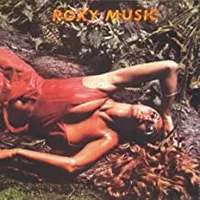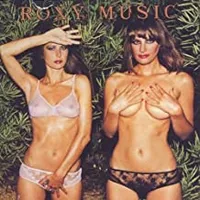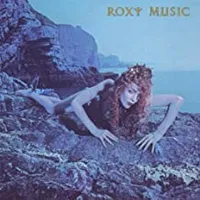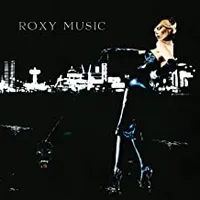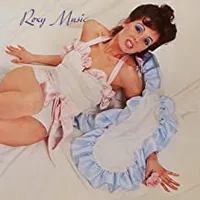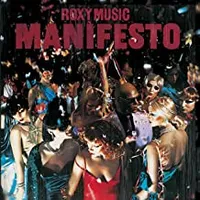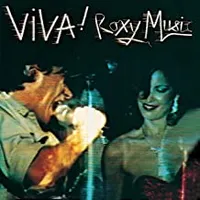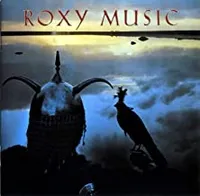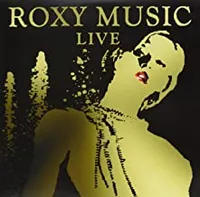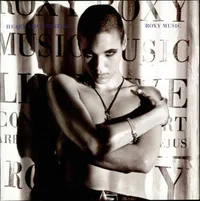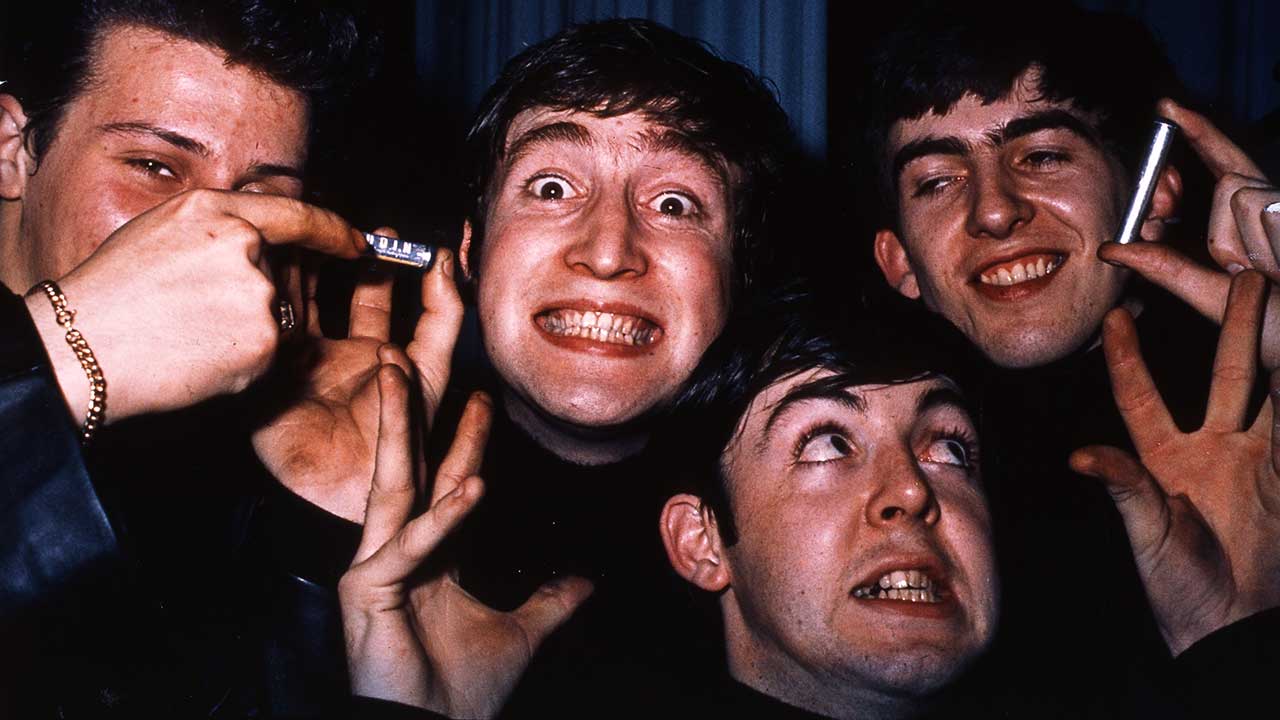The Roxy Music albums you should definitely own
With fluorescent art-rock, lounge-lizard crooning and lots in-between, Roxy Music's musical jewellery box contains some real gems
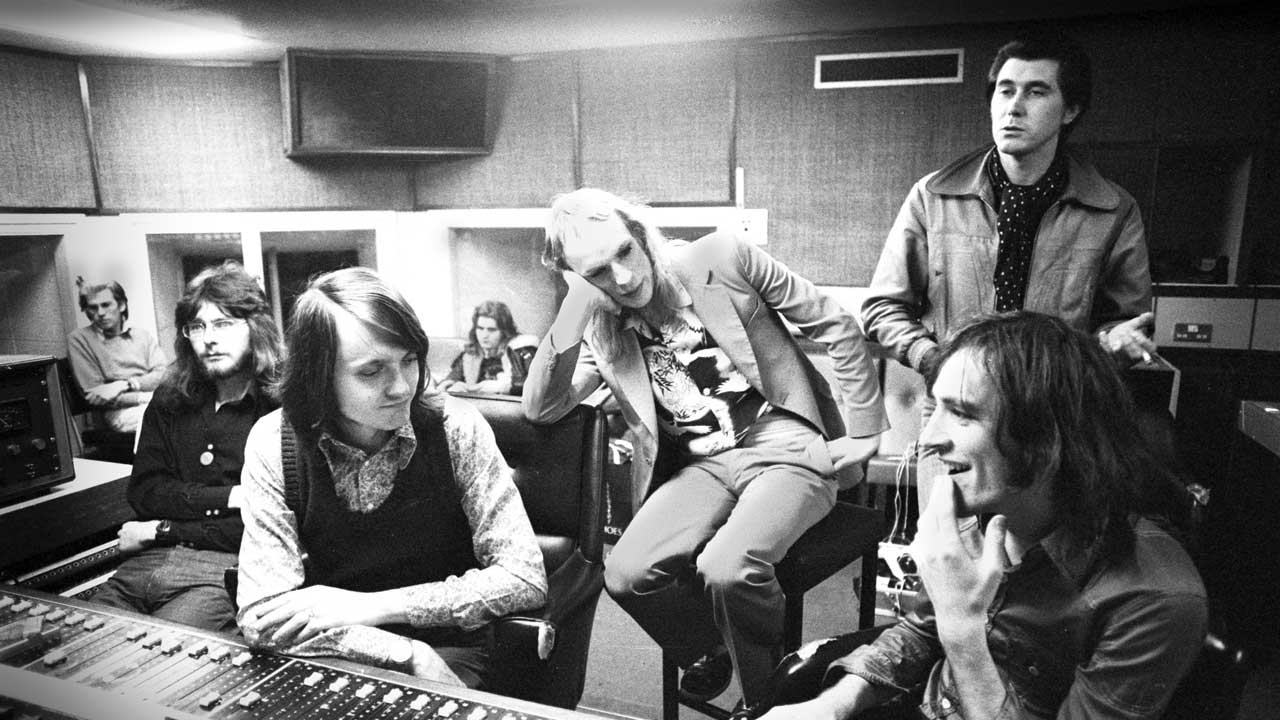
Select the newsletters you’d like to receive. Then, add your email to sign up.
You are now subscribed
Your newsletter sign-up was successful
Want to add more newsletters?

Every Friday
Louder
Louder’s weekly newsletter is jam-packed with the team’s personal highlights from the last seven days, including features, breaking news, reviews and tons of juicy exclusives from the world of alternative music.

Every Friday
Classic Rock
The Classic Rock newsletter is an essential read for the discerning rock fan. Every week we bring you the news, reviews and the very best features and interviews from our extensive archive. Written by rock fans for rock fans.

Every Friday
Metal Hammer
For the last four decades Metal Hammer has been the world’s greatest metal magazine. Created by metalheads for metalheads, ‘Hammer takes you behind the scenes, closer to the action, and nearer to the bands that you love the most.

Every Friday
Prog
The Prog newsletter brings you the very best of Prog Magazine and our website, every Friday. We'll deliver you the very latest news from the Prog universe, informative features and archive material from Prog’s impressive vault.
Emerging fully-formed in 1972 with their stunningly original, eponymously titled debut album, most people’s first glimpse of Roxy Music was of them performing Virginia Plain on Top Of The Pops.
The song was irresistibly catchy, the image a retina-burning combination of futuristic glam and retro-chic. Roxy Music were post-modern long before that expression had been coined. Musically alluring enough to appeal to glam, prog and pop fans simultaneously, they were futuristic and sharp, but also referenced the past to ensure that their sleek rock sound was executed with a knowing wink and a strangely pleasing veneer of artificiality.
Ferry’s mocking baritone and deft pop/trash culture lyrics simply flew when allied to the muscularity of Phil Manzanera’s guitar and Andy Mackay’s treated sax, but the group were grounded superbly by Paul Thompson’s spirited drumming.
That Roxy Music suddenly lost their edge after keyboards player/electronics boffin Brian Eno (aka Brian Peter George St. Baptiste de la Salle Eno) left the band after second album For Your Pleasure (’73) is one of the more persistent popular misconceptions in rock music.
Like the romantic exaggeration of Brian Jones’s role in The Rolling Stones (by people who thought he had nice hair), it’s an absurd distortion of reality. And while Eno certainly deserves his reputation as a composer, producer and innovator, that status comes almost wholly from his achievements after Roxy Music than from his non-writing ‘synthesiser and tapes’ role on the group’s first brace of albums.
After Eno left to go solo, he was replaced by multi-instrumentalist and ex-Curved Air violinist Eddie Jobson, who proved to be an even better foil for Ferry and co’s increasingly focused yet still outlandish flights of fancy. Eno had played an important part in the general feel of all that was Roxy Music, but Jobson tended to work more within the heart of the music as an instrumentalist and writer, rather than adding a layer of complementary atmospherics/squeaky synth noises.
It’s Roxy’s mid-70s albums – the era of Jobson and superlative bassist John Gustafson (both of whom were, apparently, ‘hired hands’ rather than fully fledged band members) – that remain the peak of their musical achievement.
The group finally split in ’83 (after which only Ferry went on to have significant solo success), and returned for a surprisingly excellent world tour in 2001. They were back again for some festival headline dates in 2010, were inducted into the Rock and Roll Hall of Fame in 2019, and played a series of 50th anniversary shows in 2022.

Confidence, power and imagination are the keywords to the third Roxy album. Although now Eno-less, his departure enabled newcomer Eddie Jobson a parallel role in the band. His use of a synthesiser to approximate traffic noises at the onset of Street Life is typical of his and the band’s invention throughout.
As well as the wide-screen Psalm and melodramatic A Song For Europe, there’s the driving, totally original Mother Of Pearl on which Ferry duets with himself manically before segueing unexpectedly into a more reflective passage. Relentless in its creativity and quality, Roxy were anything but stranded after Eno left.
While an experimental edginess is retained, the darker, harder feel of Stranded is emphasised on this fourth Roxy album, on which they are occasionally reminiscent of EG label-mates King Crimson. Ferry’s lyrics throughout drip with regret and the memory of excess, particularly on Casanova and the sombre but commanding The Thrill Of It All.
The menacing tension in Out Of The Blue finds stunning release in Jobson’s electric violin solo, and bassist John Gustafson – an unsung element from Roxy’s peak years – excels throughout with the probing style that became so much a part of the Roxy sound that session players would echo it on 1979’s Manifesto.
As well as containing the outstanding throb of Love Is The Drug and the murky groove of Both Ends Burning, Siren has another slew of rock/funk (as opposed to funk/rock) tracks with a vast array of brain-damaging twists and turns. Whirlwind and Just Another High are particular stand-outs, and this tremendous album almost equals the high levels of quality and consistency set by the band’s benchmark albums Country Life and Stranded.
Roxy Music temporarily signed off at this point, although when they returned – partly due to Ferry’s plummeting solo profile – the band’s dual ability to provide such stomping power and angularity would not be long sustained.
Second album For Your Pleasure represents a companion piece to Roxy’s debut, and on which the splurge of creativity from the first record is given at least a tentative reordering: the same kaleidoscope of musical and lyrical themes – consumerism, fashion, sexuality, glamour – is present, but restricted to particular and generally more linear songs rather than thrown together in scattergun fashion.
Do The Strand and Editions Of You are early Roxy at their feistiest, replete with Eno’s finest random synth squalls, while In Every Dream Home A Heartache finds the band steeped in mock melancholy – a tone that would grow more real over their next two albums.
The opening Re-make/Re-model, which would be a closer on any other album, with its encores, interludes and resounding close, signalled that on Roxy’s groundbreaking debut it was anything goes. While enjoyably frivolous in places, Roxy Music has moments which foreshadow the smothering darkness and soured cheeriness of Country Life.
Eno’s experimentalism and atmospherics perfectly suit the novel feel of the songs, and fit their often peculiar construction. Ferry’s vocals and tangential lyrics add to the ramshackle uniqueness, while snippets of quaint balladeering, old-school rock’n’roll and doo-wop also crop up when least expected.
Roxy’s most underrated album was released after a fouryear hiatus. The core quartet compensated for Jobson and Gustafson’s absence by pushing the sounds on this often gritty record up unexpected alleys. Yet – most notably on the untypical hits Dance Away and Angel Eyes – there’s a classy, accessible pop finish to some other tracks.
This creates a perfect balance between a more streamlined extrapolation of the Roxy sound, and the brooding art rock of the title track and Stronger Through The Years. Manifesto is often misleadingly bracketed with the smoothness of the succeeding Flesh + Blood and Avalon, when in fact it has more in common with Roxy’s earlier era.
Recorded at three British shows (with Jobson) from 1973-75, Viva!… serves as an excellent coda to the first Roxy era by including at least one song from each of their five studio albums before the group’s hiatus.
Both Ends Burning, Out Of The Blue and Do The Strand in particular benefit from the extra punch and energy of live performance, and both If There Is Something (from the debut) and The Bogus Man (from For Your Pleasure) show new dimensions. The former becomes a meandering epic, the latter takes on even more metronomic menace than the studio version. As live albums of great 70s acts go, Viva!… is somewhat overlooked.
Until news of their upcoming new release, Avalon was long-seen as an appropriate final studio album from Roxy Music. And while it reveals the preceding (unsatisfactory) Flesh + Blood as a transitional album evidencing the shift from the Roxy of old and the ethereal ambience displayed here, Avalon is itself a transitional work for Ferry between the last vestiges of the Roxy sound and the other-worldly feel he would pursue solo.
More Than This and even the title track are (like the hit singles taken from Manifesto) unrepresentative; it’s the languid, gossamer drift of While My Heart Is Still Beating and To Turn You On which are the true heart of the intriguing Avalon album.
Much more than just the expected Ferry-centric retread of Roxy Music’s latter incarnation, the band’s 2001 live reunion reconstituted them as a proper unit. As Live shows, the expanded line-up helped to recreate all the Roxy Music eras, with both sax player Andy Mackay and guitarist Phil Manzanera expanding superbly on what they played on the studio tracks.
Crucial to Roxy’s return (perhaps surprisingly) was Paul Thompson, who showed how integral his drumming had been to the band’s first eight years, and which here beefs up the wispier, later material where appropriate. Live even manages to bury the memory of 1990’s rotten Heart Still Beating.
...and one to avoid
You can trust Louder
Heart Still Beating (Polydor, 1990)
A gift to Roxy’s detractors, and the perpetration of Ferry’s parody image as a limp crooner, Heart Still Beating is the negative flip-side of everything that made Viva!… so worthwhile. Recorded in 1982 (before an imminent two-decade lay-off), Ferry in particular sounds utterly disengaged from the early material and only half-interested in the current songs.
Presumably distracted by upcoming solo projects (that would take the cerebral placidity of Avalon further), Ferry listlessly shepherds the group down this path even though the material often doesn’t suit this approach at all. Many great songs are lined up, and there are few survivors.
Sign up below to get the latest from Classic Rock, plus exclusive special offers, direct to your inbox!
